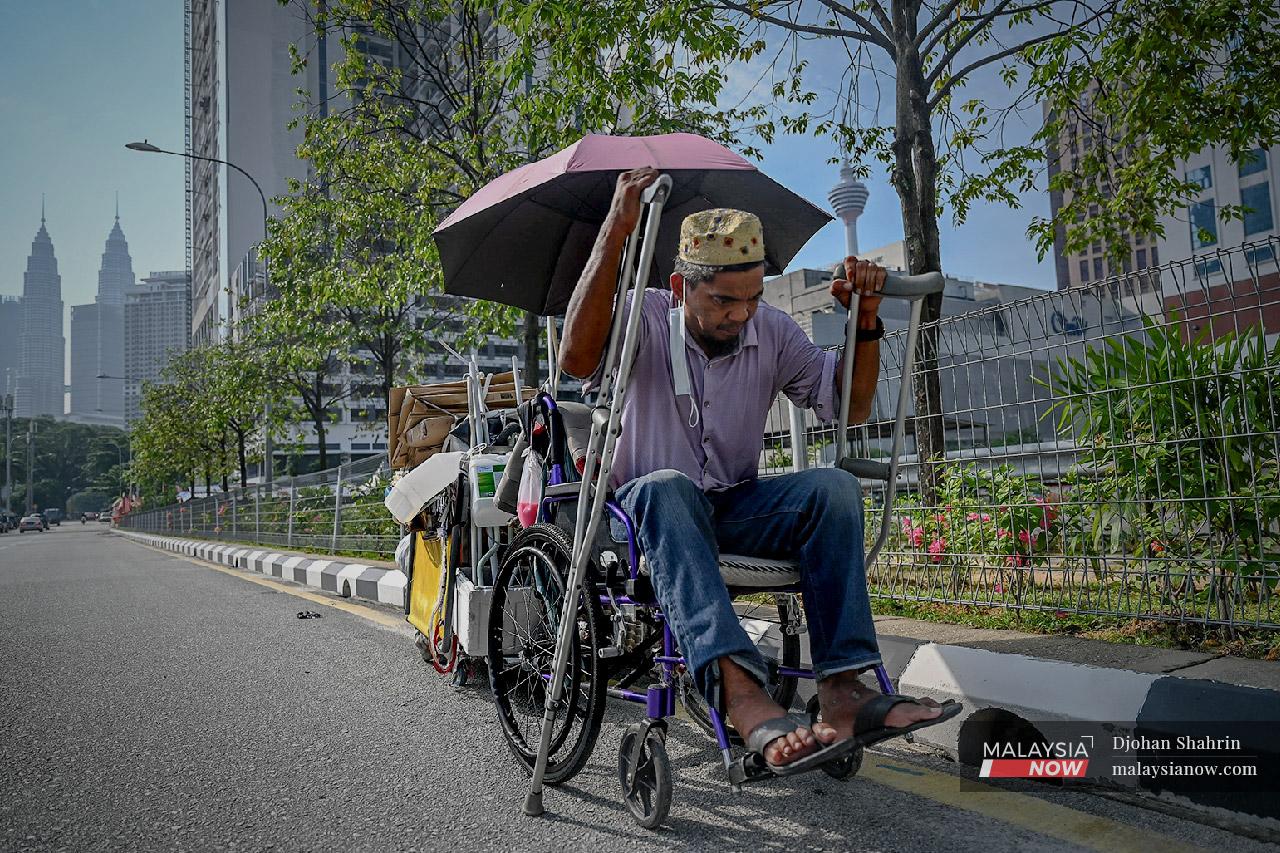Gallery
When hardship and poverty beat Raya to the door
Affendi Mohamad used to earn a living as a contract worker but a workplace accident last year has left him wheelchair-bound, digging through the city's garbage for recyclables to sell to make ends meet.
Djohan Shahrin
2 minute read
Share
- Advertisement -
Just In


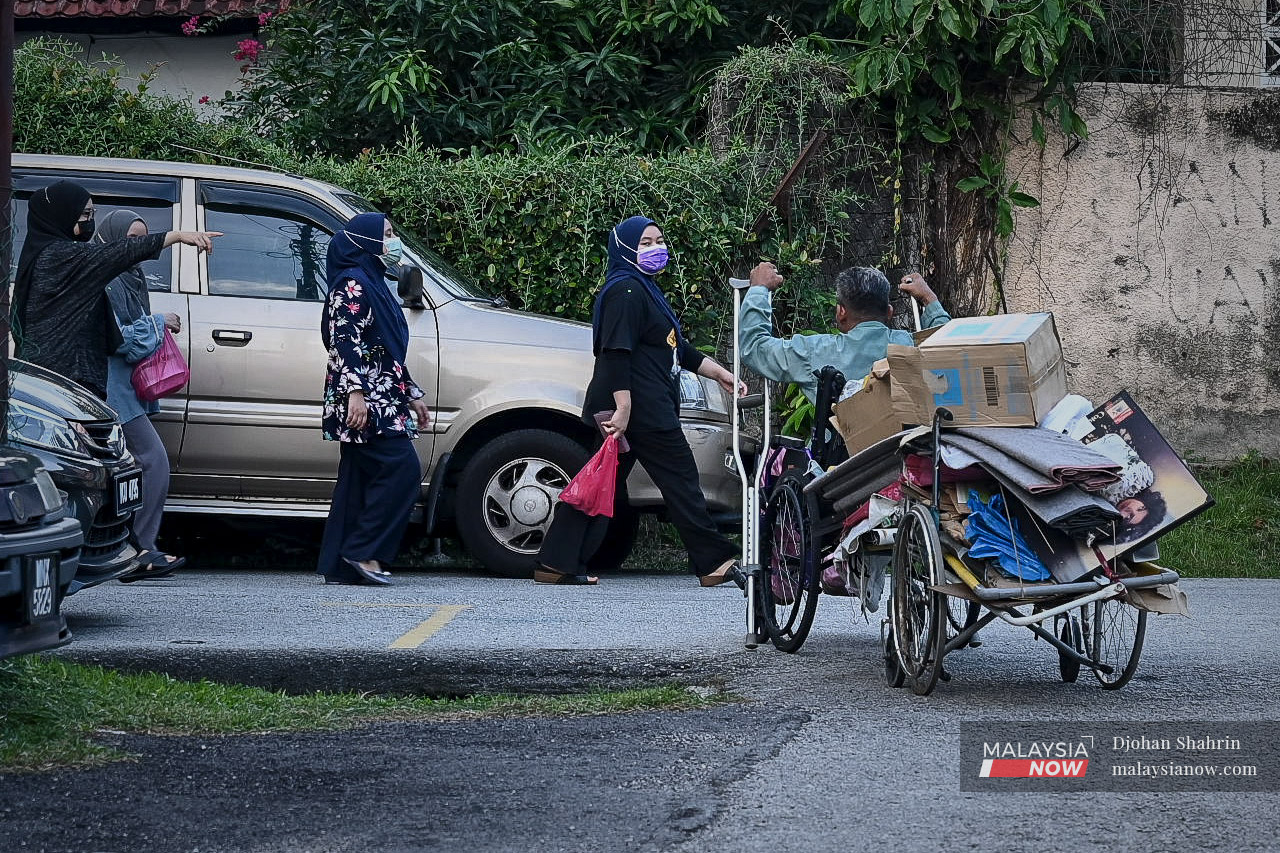
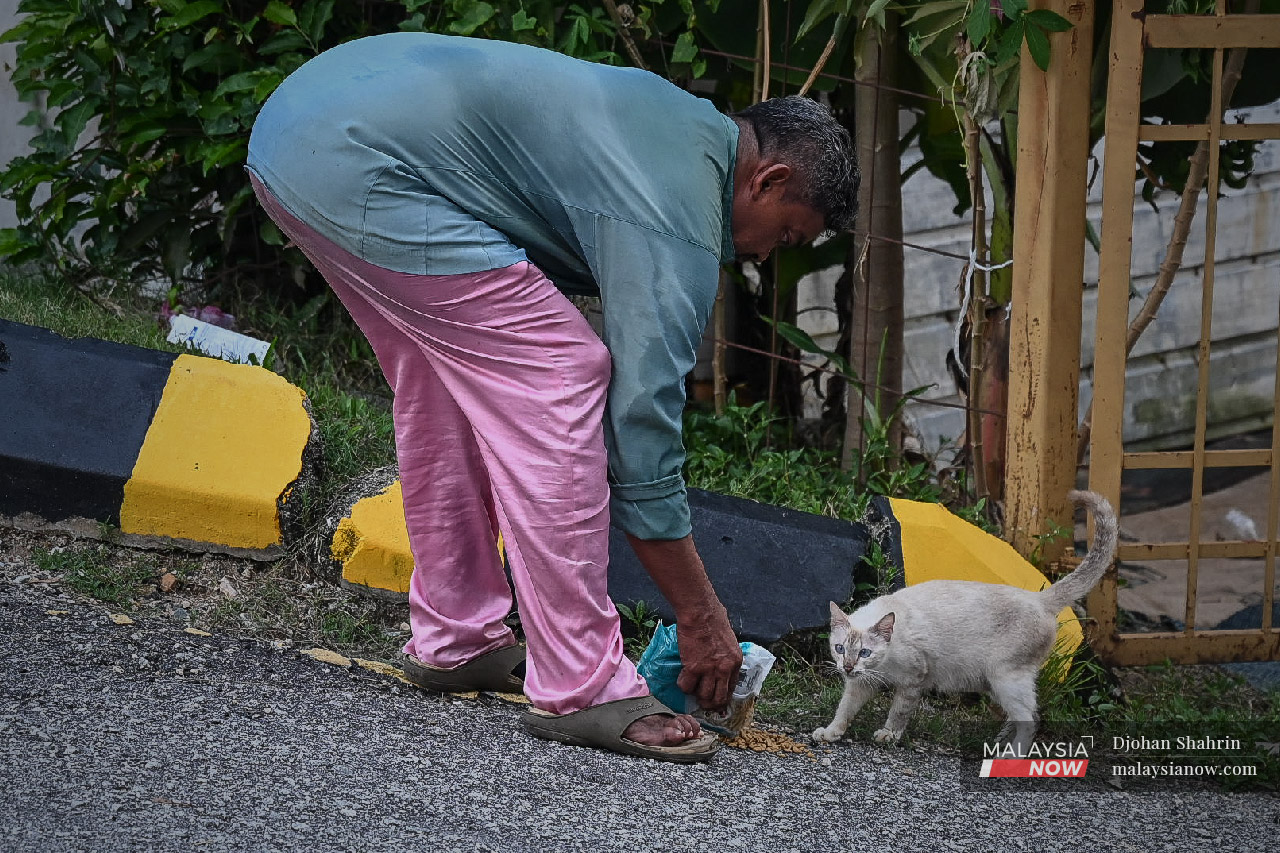

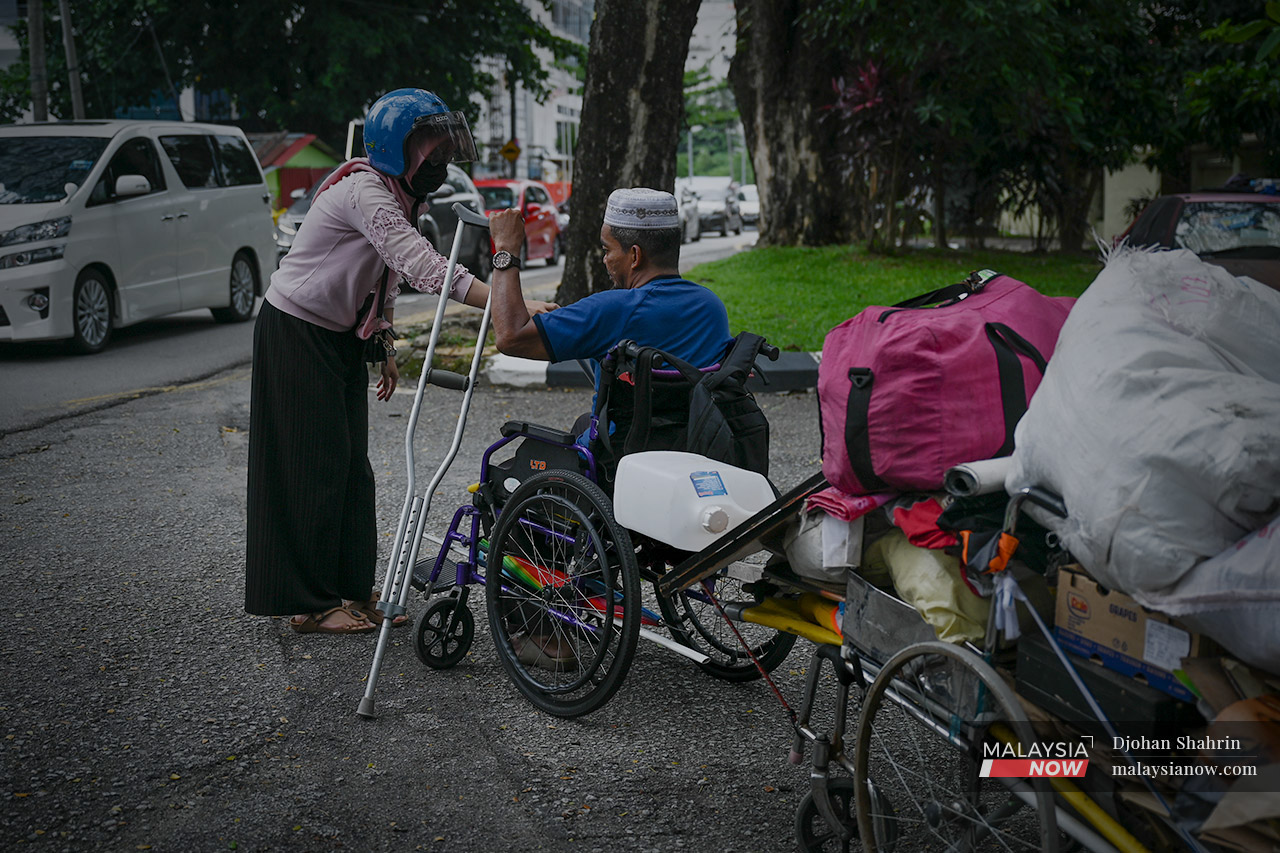


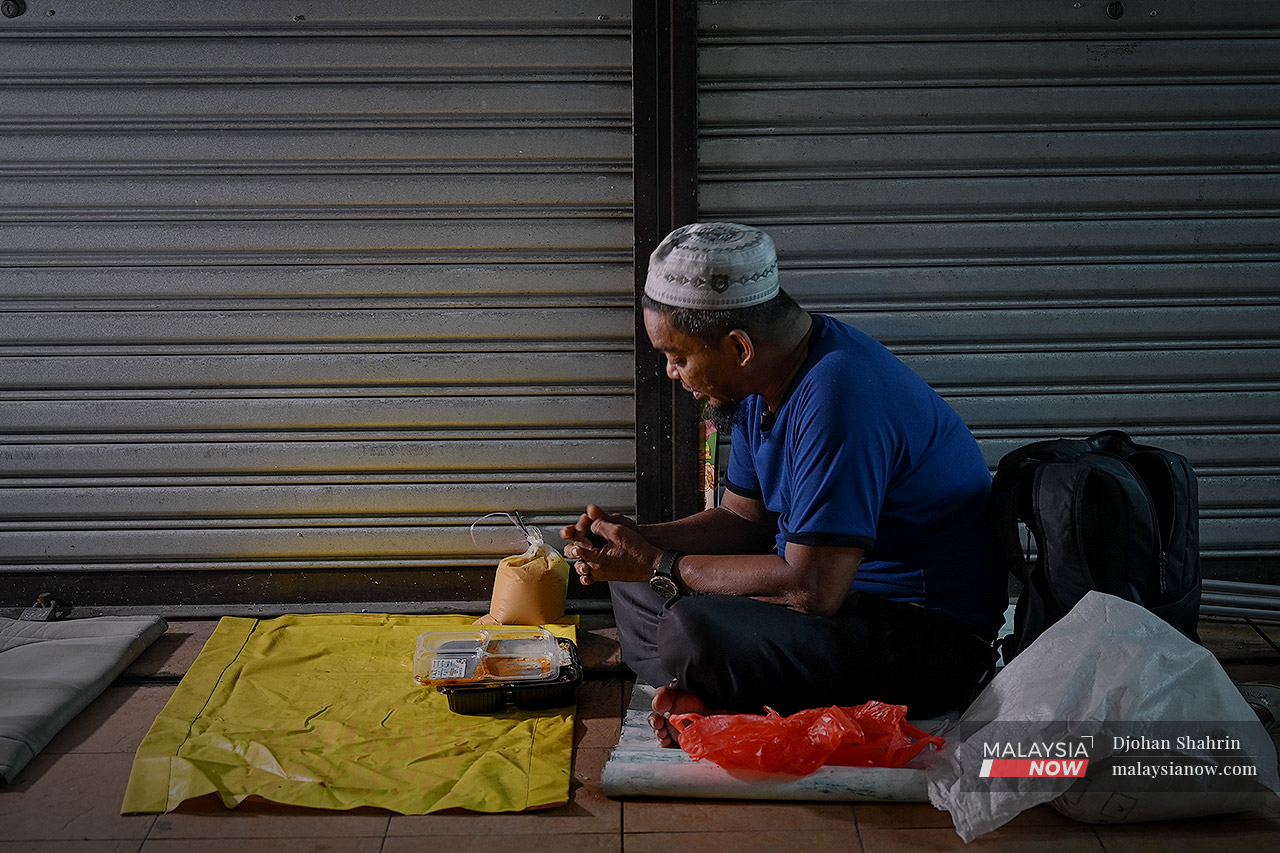
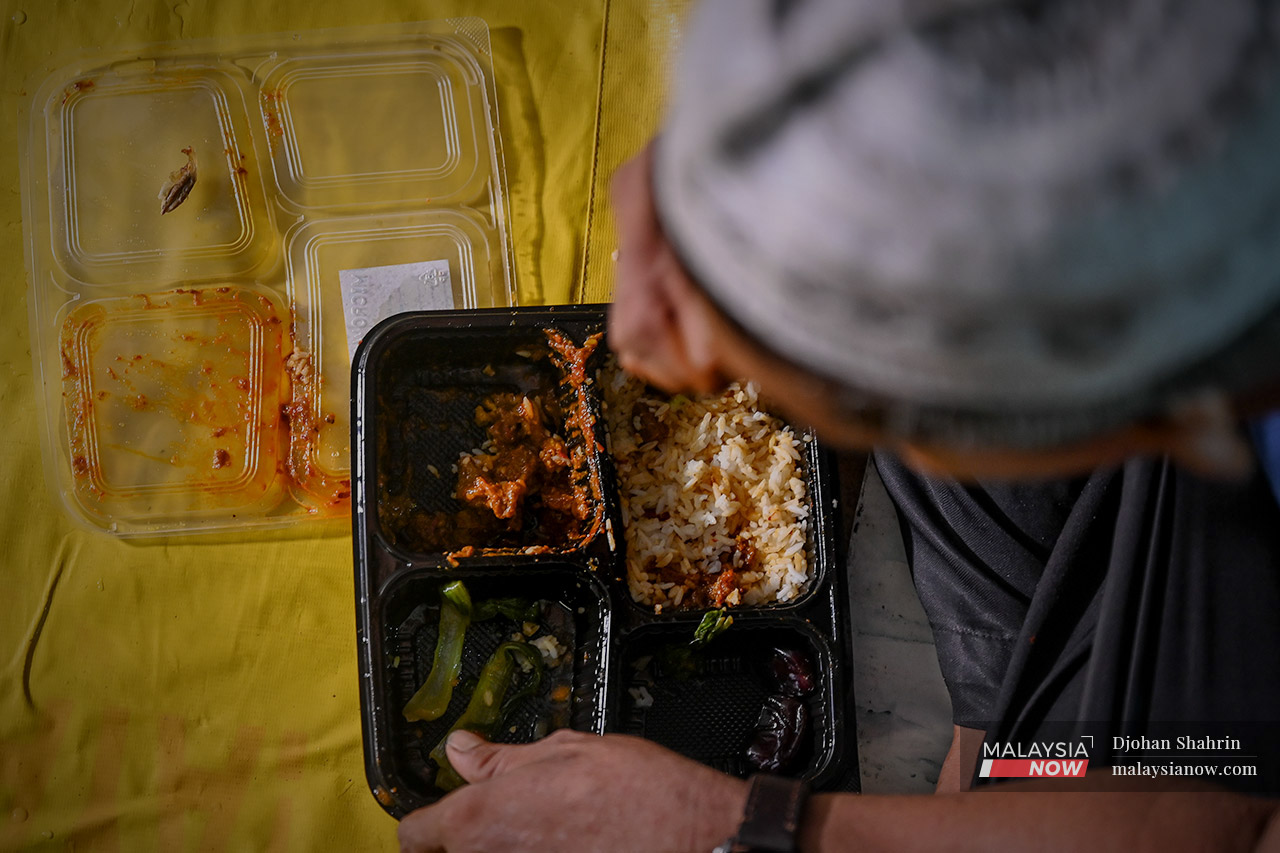
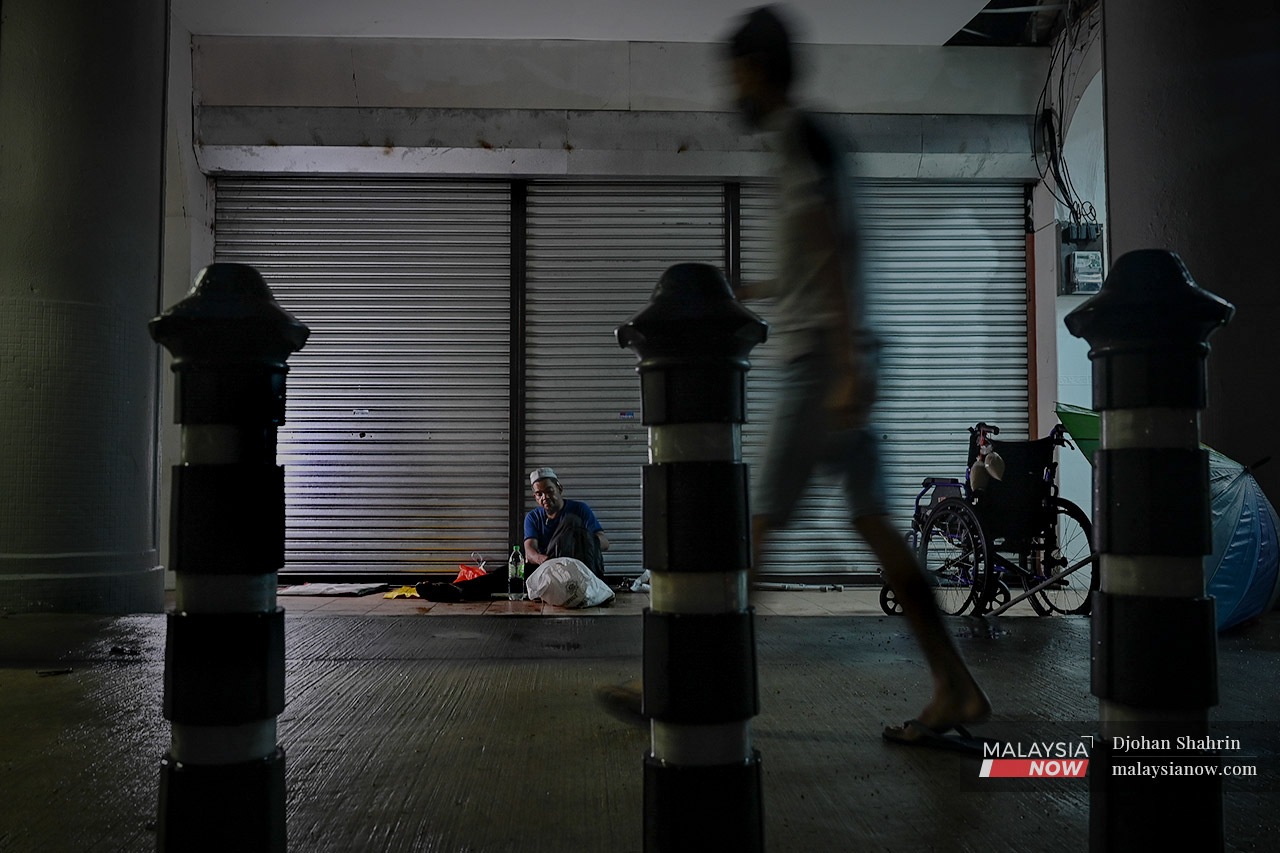
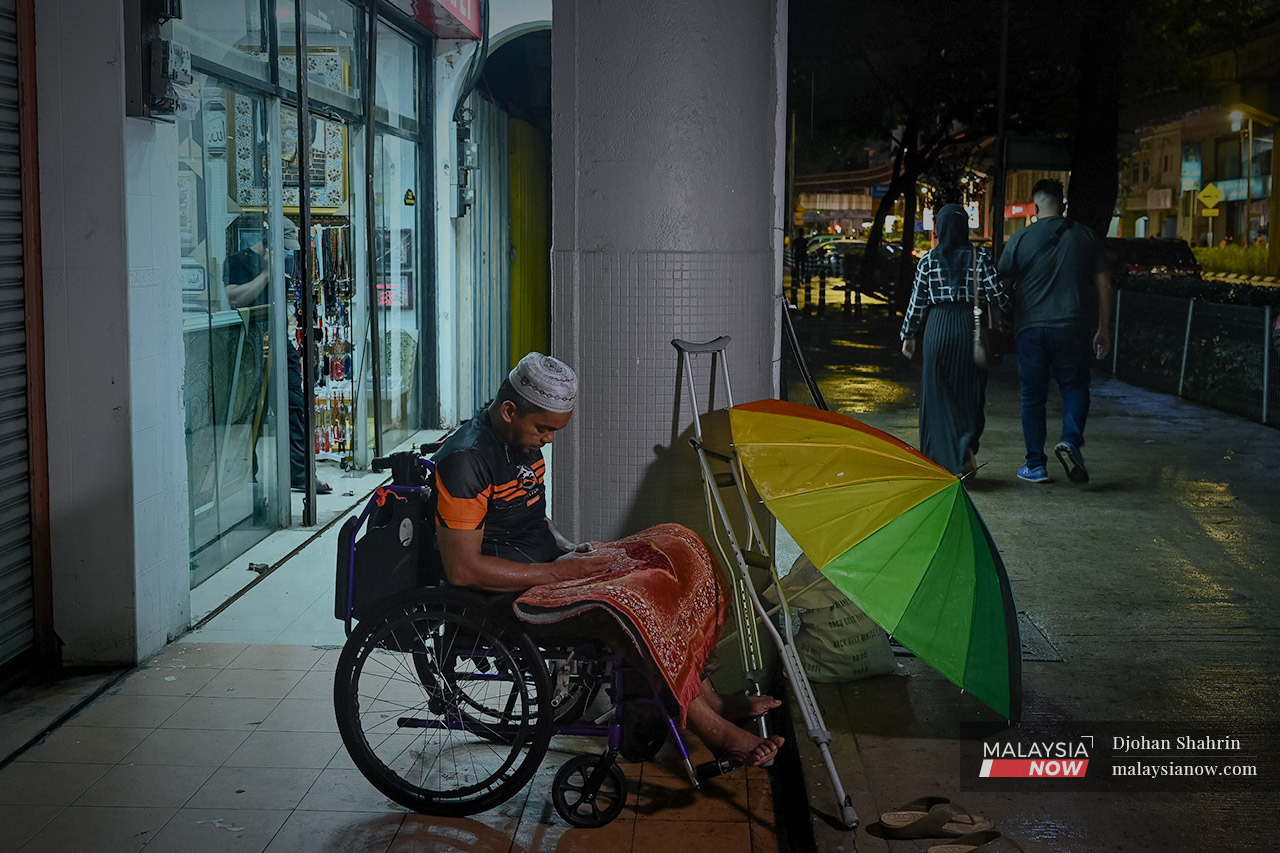

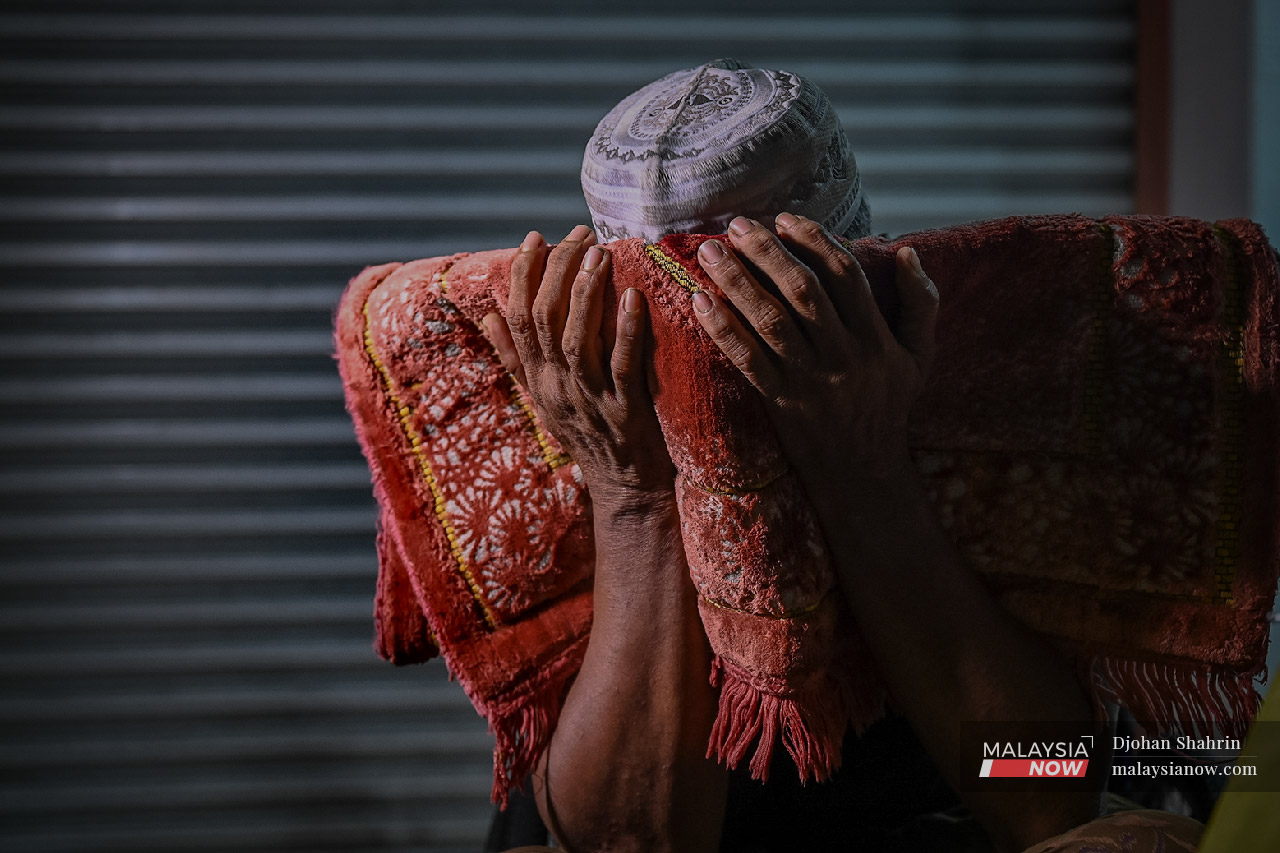






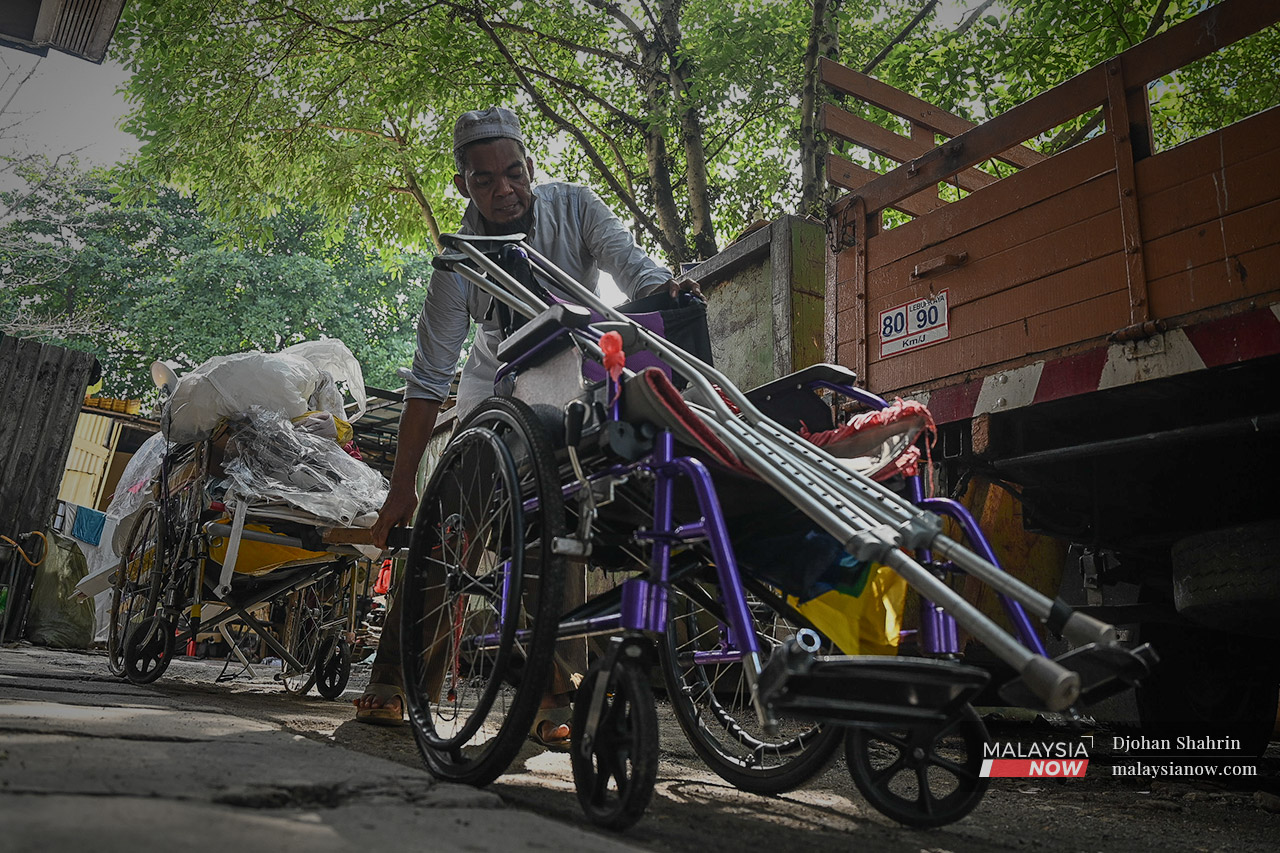
Subscribe to our newsletter
To be updated with all the latest news and analyses daily.
Share
- Advertisement -
